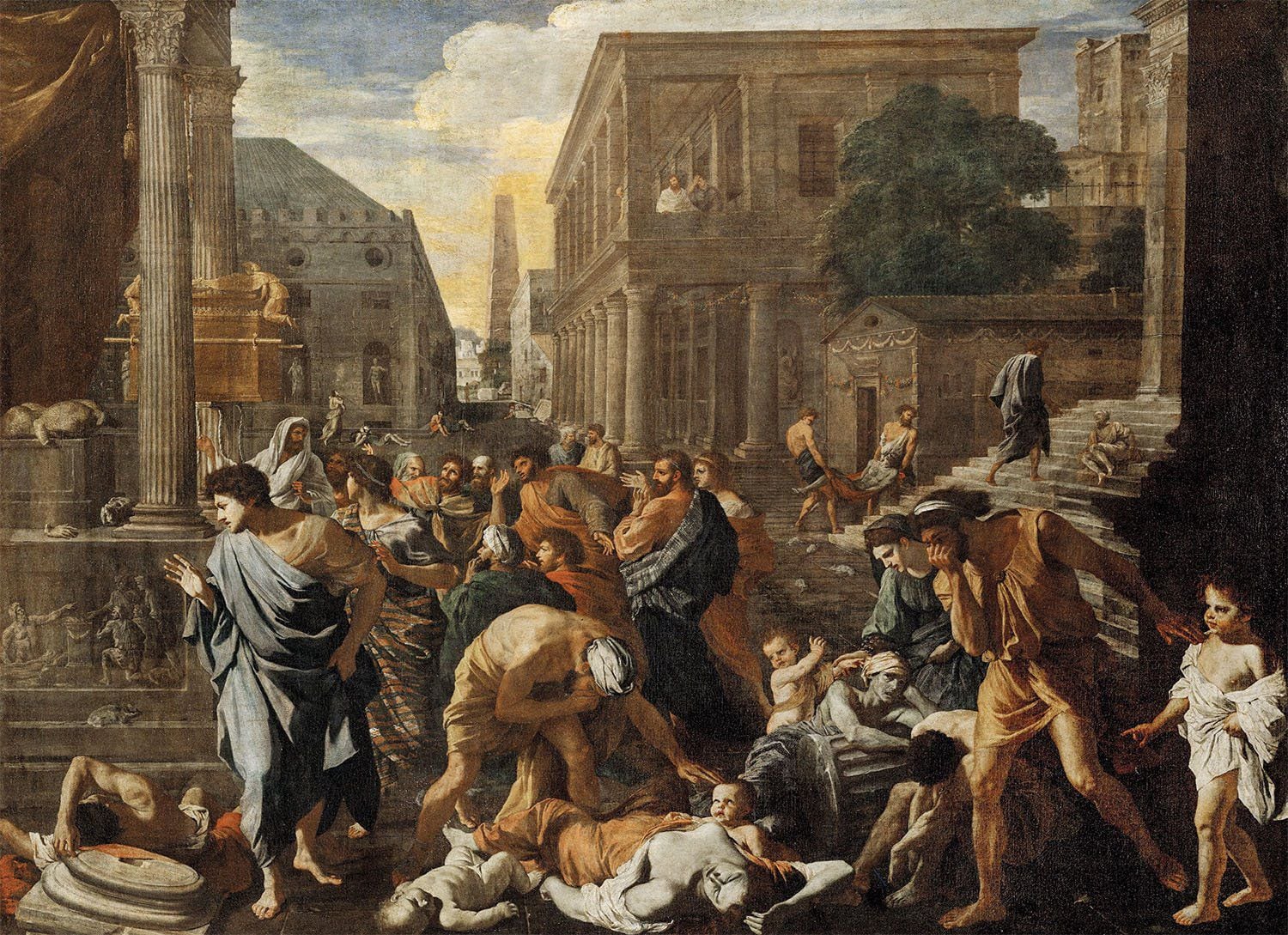It is known that among the Mexican population one responds with a “health” to someone's sneezing, in addition to being considered a word of kindness and courtesy even among strangers. Nowadays it is classified as one of the most important manners in Mexico, so it is also important to respond with a “thank you” when someone says it. The funny thing is that this custom began quite a long time ago.
Sneezing is a natural reflex act of the body when there is irritation of the mucous membranes of the nose or throat and can be caused by dust, pollution, spicy foods, or when there are colds. In this way, the body expels the particles that are affecting.
The origin comes from Europe in the years of the peak of the plague in the 500s when people became seriously ill and died, claiming the lives of millions. It was the first epidemic of the bubonic plague known as the Plague of Justinian, so named because it appeared during the reign of the Byzantine Justinian. The belief in the Catholic church was that it was a punishment from God.

In approximately 590, Pope Gregory the Great, recognized as one of the four doctors of the Western Church at the time, ordered prayers and supplications to avoid and overcome the disease among the population as “health” or “God bless you”, in this way it was believed that it functioned as a prayer to bless the place and that it was stop the spread of the disease. Since then, it has become the habit of saying this word for reasons of good wishes to people who have sneezed and may be ill.
Something important is that in several primitive cultures sneezing was related to death. It was believed that people's souls were in their heads and that when they sneezed it escaped with the air expelled.

Some time later, in Rome, the idea that a healthy person who sneezed was expelling a disease, and that if it endured it was a call to death, which is why the Romans would say “congratulations” every time someone sneezed and now in Italy they say “Felicita”. In other countries, “Bless you” is used as in “God bless you” which means “God bless you”.
Similarly, in Mexico it is believed that when someone sneezes two or more times in a row, it is because someone is remembering the person. It is also believed that the heart stops beating within seconds of sneezing, but this is not true; disturbances in blood flow caused by changes in pressure can affect the heart rhythm but it returns to normal when you finish sneezing.
Another common response for when someone sneezes is to answer with a “Jesus”, this one has its origin in Ancient Greece when it was believed that sneezing was a means by which evil spirits and diseases got into people, so the Greeks exclaimed “May Jupiter keep you” or “Zeus save you” to protect the people who sneezed.

With the introduction of Christianity in Spain, this connotation was still present, but now it meant that the devil entered the body of people and to avoid it, “Jesus” was said several times in a row, with the passage of time he stayed only once and in Mexico it is also common to hear this.
KEEP READING:
